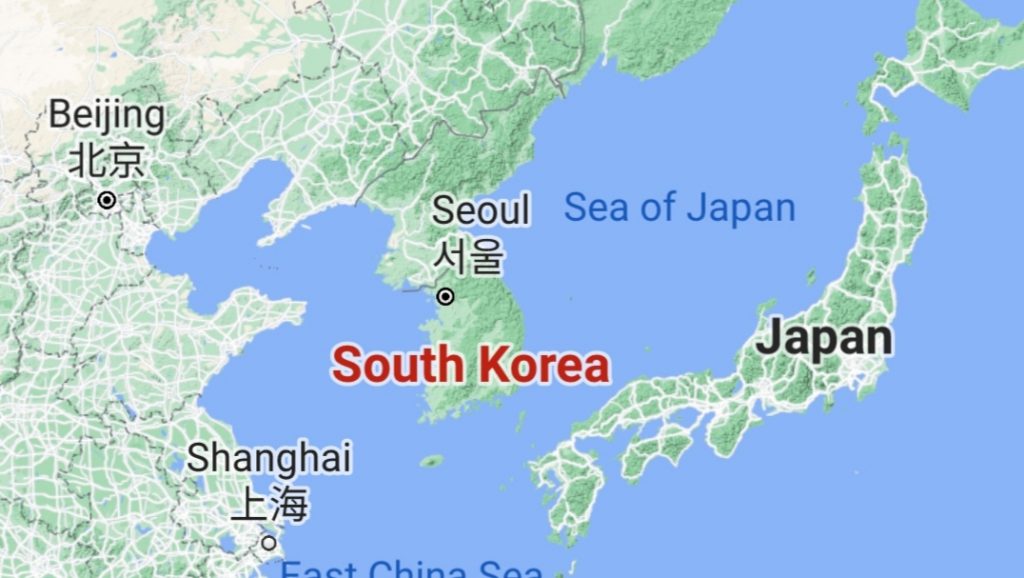The Right has the edge in South Korea

British politics has never been more febrile but, as has been pointed out on this site, a general election probably isn’t imminent. But no matter, there are plenty of other countries to provide.
South Korea goes to the polls on 9 March to elect a new President. It must be a new one, since South Korea doesn’t allow multiple terms in office. And they operate a simple system, on the surface: First past the post, two main parties and some minor candidates polling single figures. Just like the UK, really.
I won’t pretend to be an expert on Korean politics, but you don’t have to be. The key is to beat the market, and that bar varies a lot from market to market. So here’s a crash course.
South Korea has two major parties, a centre-left one called the Democratic Party of Korea and a centre-right one called the People Power Party (PPP). As first past the post is used for Presidential (and most seats in the parliament, though there is a proportional element) both parties operate as broad churches.
The Democratic Party holds the Blue House, but have long been underdogs to retain it. While polls have been tight, for most of the last year they have had the PPP leading in head to head polls.
However, the election isn’t strictly a head to head contest, and the right is split. A second centre-right party*, the People Party (not to be confused with the People Power Party) is polling in the high single digits, voters who would otherwise lean towards the opposition. This candidate, Ahn Cheol-soo, could have won the 2017 election until a late polling collapse in favour of the centre-right party. This time round he is much more likely to act as a spoiler.
However, this risk also poses an opportunity to the PPP. After all, voters can read the polls too – and opposition-leaning voters tempted by a third party will be very aware of their tactical choice. Given the PPP has been tied or better in the polls for months despite the People Party polling in third that rather suggests that when push comes to shove more voters would like to see a change of Presidential party than ‘re-electing’ a continuity candidate.
In terms of electoral dynamics, this cycle has been dominated by some very South Korean scandals. The Democratic candidate, Lee Jae-Myung, is linked to alleged corruption from his time as a Mayor. While the PPP candidate, former prosecutor Yoon Seok-youl, has been forced to deny being unduly influenced by his favourite shaman (really).
A series of North Korean military exercises in recent months has also refocused attention on this unique issue, bolstering the more hawkish PPP. The incumbent Democratic President promised before taking office to pursue a formal peace treaty with the North, and that failure is not helping the party now.
Right now the PPP lead in the polls. After the first debate last week they have opened up a clear if narrow lead in the polling average, and there simply aren’t many weeks left for things to turn around. With a potential reservoir of support from the third party candidate (who may still pull out even this late in the race) they are deserved favourites. William Hill and Smarkets both offer odds on the election, currently making the PPP about 1/2.
In any case, the new President will lead a country about to overtake Japan in GDP per capita and contemplating joining the ‘Quad Alliance’ which seeks to contain China’s influence in the region. We should keep at least half an eye on it, and not just for betting purposes.
*The Party purports to be neither right nor left, but their candidate and founder has openly considered merging with the PPP during this election cycle and clearly fought over the same voters in 2017. In other ways he, and it, are ideologically closer to the Democratic Party though. If you have some time I’d recommend reading more about him and his political history, it’s an interesting story.
Pip Moss posts on Political Betting as Quincel. He has bets on Yoon Seok-youl of the PPP at just over evens. You can follow him on Twitter at @PipsFunFacts